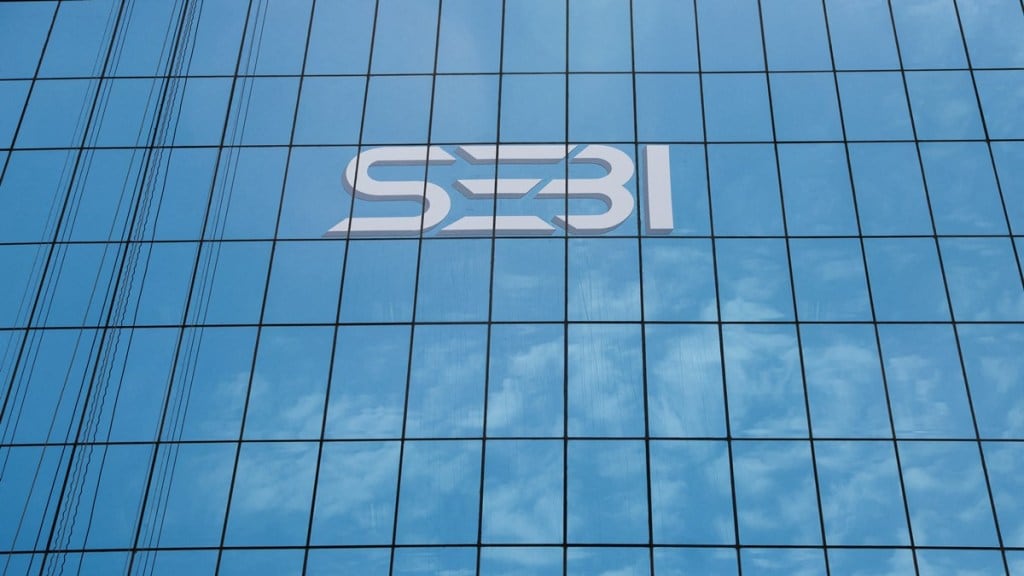Securities and Exchange Board of India (Sebi) Chairperson Madhabi Puri Buch has walked the talk. Around six months after saying that the market regulator is considering same-day settlement of trades on stock exchanges by March 2024 and eventually have a real-time settlement, Sebi has issued a consultation paper on instant settlement of securities and funds—a first globally. But there was a twist as the paper proposed an optional T+0 settlement cycle in two phases. In Phase 1, settlement of trades taking place till 1:30 pm will have to be completed by 4:30 pm. In Phase 2, there will be instantaneous trade-to-trade settlement for both funds and securities. In this, trading will be done till 3:30 pm. After Phase 2 is implemented, Phase 1 of optional T+0 will be discontinued. This will be in addition to the T+1 settlement cycle already existing in the equity cash segment.
The latest proposal is in line with Sebi’s continuous efforts to reduce the timeline of settlements. The regulator had earlier shortened the settlement cycle to T+3 from T+5 in 2002 and subsequently to T+2 in 2003. It introduced T+1 settlement in a phased manner in 2021 which was fully implemented from January 2023. The regulator’s move, many say, may free up margins and boost liquidity in the markets, but will impact the business models of stock brokers who rely on interest income from client funds. Besides, the potential advantages of reducing counterparty risk and boosting liquidity signal positive growth for the sector. What helped the regulator make up its mind is the solid digital payment infrastructure, which has helped make the Unified Payments Interface (UPI) a grand success. The stock market infrastructure is also quite robust, allowing instant reconciliation of trades helping depositories to update their clients on debit and credit for securities.
But the tricky part is that T+0 will require an even more robust system that will need banks, brokerages and investors to be constantly on their toes. Market experts believe the payment system will be pushed to the hilt when this system is implemented. For example, this year two festival dates happened one after the other. So, people who traded on T+1 had a harrowing time settling the trades. Many had to work well past midnight to settle. While Sebi is betting on the fact that a high percentage of retail investors bring funds and securities upfront before placing the order and according to its own data, in June 2023, for around 94% of delivery-based trades with value up to `1 lakh per transaction, investors made early pay—in of funds and securities. However, even if one has the money in the account, it may not get disbursed on time. Another challenge would be the divergence in the price of the same stock in the different settlement cycles.
The regulator has assured that liquidity and price gaps would be addressed because market participants can access both T+0 and T+1 through various measures like arbitrageurs and limiting the divergence by introducing price bands. Of course, precautions are being taken in introducing the number of stocks under this settlement system in tranches—the top 500 stocks will be transitioned in three phases—200, 200 and 100 from lowest to highest market capitalisation. Overall, the market regulator may be ready, but the overall system will need time to digest such a big move.


